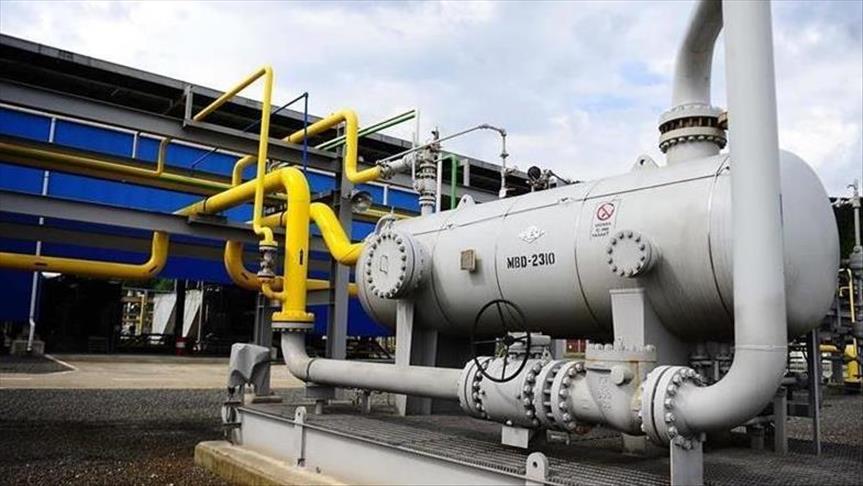Heat pump sales globally rose by 11% last year and by a record 40% in Europe, driven by increased policy support and incentives in light of high natural gas prices and efforts to cut greenhouse gas emissions, data released Friday by the International Energy Agency (IEA) showed.
Global sales of heat pumps, the technology central to decarbonizing the heating of buildings, marked a second consecutive year of double-digit growth, the IEA’s analysis found.
As heat pump sales enjoyed a record rise of around 40% in Europe with 3 million units, sales of air-to-water models, which are compatible with typical radiators and underfloor heating systems, grew by 50%.
Across Europe, France saw heat pump sales overtake those for gas furnaces for the first time.
Europe has been hit hardest by the ongoing global energy crisis, exacerbated by Russia’s lower gas flows to the region. Natural gas prices in Europe reached all-time high levels due to the disruptions in supply, leading the region to reduce its gas demand and use new alternative sources and technologies like heat pumps.
Heat pump sales remained flat amid a general slowdown of the economy in China, the world’s largest heat pump market, while in the US, heat pump purchases exceeded those of gas furnaces.
China is the biggest producer and exporter of the technology, manufacturing 40% of the heat pumps worldwide, with most of its exports going to Europe.
According to the analysis, in Australia and New Zealand, air-to-air heat pumps are already the most common source of heating.
With double-digit growth boosted by financial incentives in over 30 countries, over 100 million households, or one in 10 homes that require substantial heating, are served by heat pumps today.
Heat pumps need to cover 20% of global heating needs in buildings by 2030, double today’s level, to align with existing national energy and climate pledges.
The IEA forecasts that the world is almost on track to reach this milestone if new installations continue to increase at a similar rate as they did in the last two years.
However, heat pump sales need to grow by well over 15% annually this decade if the world is to achieve net zero emissions by 2050.
Expanding secure and resilient supply chains is necessary for a continued growth in heat pump deployment, the IEA said.

